To take in or not to take in, that is the question. And in this gilded age of Facebook and social media, everyone seems to have an answer. There are also a lot of articles about why the Syrian refugees are like the Jews of WWII and an equal number of articles about why the Syrian refugees are not like the Jews of WWII.
So which is it?
I can't provide a definitive answer, but I can lay out some of the best arguments for and against taking in Syrian refugees, including why and why not the Syrians of today are the Jews of yesteryear.
For
Humanitarian Reasons:
It's the right thing to do. Hundreds and thousands of people are dying, and, as the Talmud says, “whoever saves a life, it is considered as if he saves an entire world.”
Remember this photo of a Syrian refugee that circulated earlier this year. These are real people, and while the case for compassion may get tiring at times, we need to remember that these are living, breathing, human beings nonetheless.
 Laith Majid, a Syrian refugee, holding his son and daughter, arrives on the Greek island of Kos in August. Photo by Daniel Etter/New York Times/Redux/eyevine
Laith Majid, a Syrian refugee, holding his son and daughter, arrives on the Greek island of Kos in August. Photo by Daniel Etter/New York Times/Redux/eyevine
Common Sense:
As laid out in the Washington Post, it doesn't really hold for a terrorist to pose as a refugee. Obtaining a tourist visa makes much more sense. Terror cells are more likely to pick off someone at home, anyways. Radicalism is a threat here in the United States. The cat's out of the bag. We need to worry about homegrown terrorism just as much if not more so than we need to worry about terrorism from abroad — not a single Syrian refugee has been arrested or removed on terrorism charges.
Syrian refugees in U.S. arrested/removed for terrorism: 0 pic.twitter.com/RRTKgCyDQa
— ian bremmer (@ianbremmer) November 22, 2015
Our Values:
“Give me your tired, your poor, Your huddled masses yearning to breathe free,” reads the quote across the Statue of Liberty, written by the Jewish poet Emma Lazarus. America prides itself as the world's melting pot. Steve Jobs' father was a Syrian immigrant. Without open borders, we would have never had the iPhone, or the Apple computer. It is no accident some of the world's greatest technology was invented in America. Diversity is an asset, and we benefit as a culture from having a tolerant, dynamic society.
Against
Numbers:
More refugees, more risk. Plain and simple. As said in one crude but poignant tweet, if I have a bowl of 10,000 M&Ms and tell you that 10 M&Ms are poisoned, would you like a handful?
The math has been well-documented. In 2013, the Pew Research Center surveyed Muslims living in 9 countries (as well as the Palestinian Territories), and found that a whopping 27% are not concerned about Islamic extremism.
Let's put that on hold. President Obama has said that “99.9% of Muslims” are peace-seeking. Okay, fine. So if the United States were to let in 10,000 refugees and 0.1% were radicalized, that leaves us with 10 people. Ten people. The Paris attacks were carried out by eight people. When it comes to calculating risk, the question is not how many, but how few.
Resources:
In the 1950s, Jews made-up one-quarter of New York City. There's something to be said about having community networks already in place. Unfortunately, many of the Syrian refugees the U.S. has taken in are floundering under a lack of support. According the United States Senate, approximately 90% of Middle Eastern refugees rely on food stamps, and almost 70% receive cash welfare. Our resources are being stretched thinner. Remember that at the same as we are discussing housing 10,000-20,000 Syrian refugees, at least 49,933 veterans are homeless on any given night.
Other Options:
If we really have humanitarian interests at heart, we may want to consider a variety of other options. We could establish a safe zone for Syrian refugees closer to home, in effect creating our own refugee camps. Or we could simply send more support to the already existing camps in Turkey and Jordan. It is a fallacy to say that the only way to help these people is by letting them into the United States.
Let's revisit the Jewish parallel. After weighing the evidence, are these the New Jews? No, of course not. Serious opposition to settling Syrian refugees is not based on race. It's based on security. While the Jews suffered under conspiracy theories and prejudice, current migrants are being punished by the tyranny of the minority. A small group of terrorists is ruining it for everyone.
By and large, the two situations are different. Ability to integrate is different, and, for what it's worth, the Jews of Europe hailed from a much more similar culture. While diversity is our greatest strength, we also need to be wary of the import of ideas.
But just because the Syrians are not like the Jews doesn't invalidate their case. Compassion is and always will be a just case. As it should be. KAL's cartoon in the Economist illustrated how this debate is destroying us from within.
Because there isn't much point to protecting a country without morals.








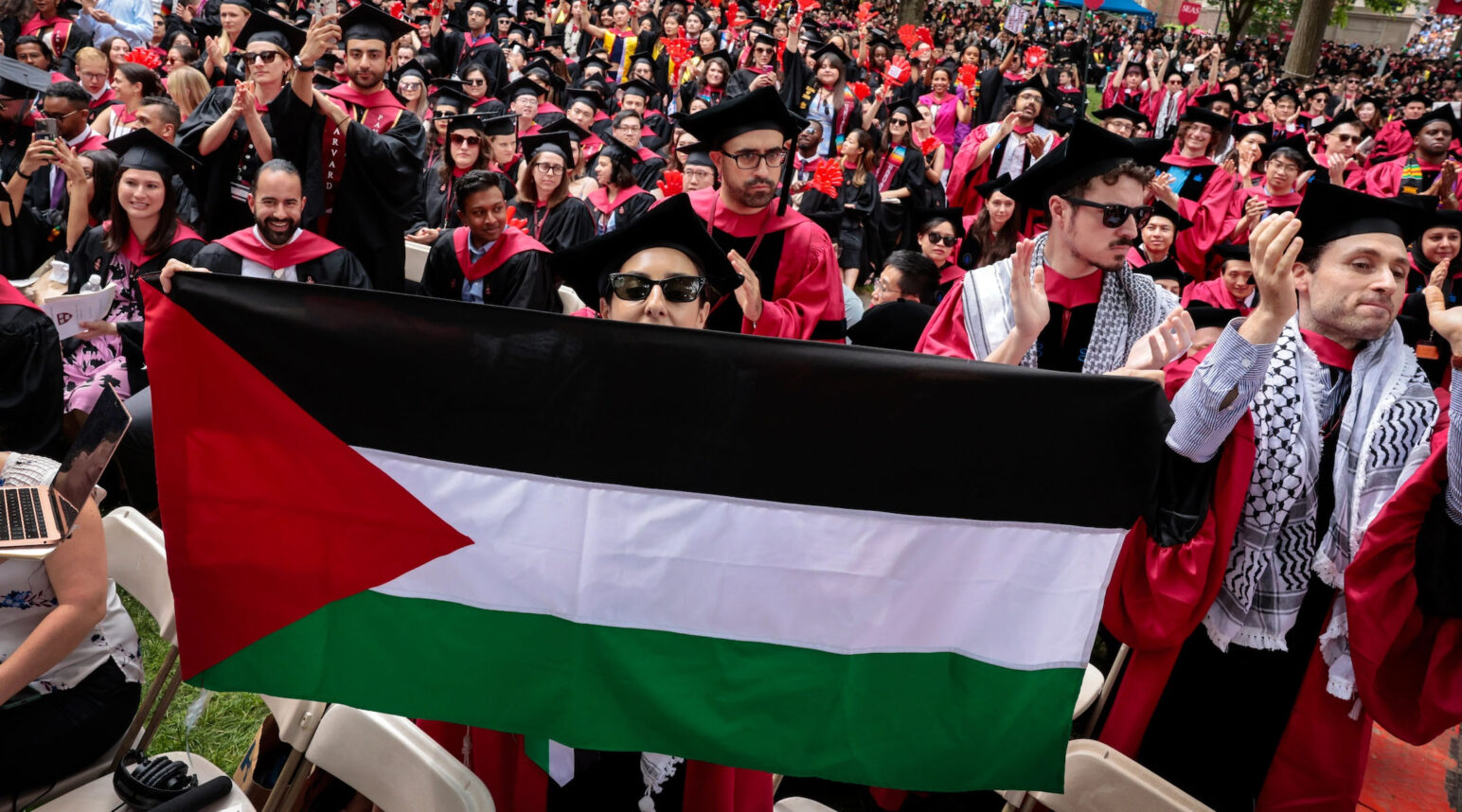
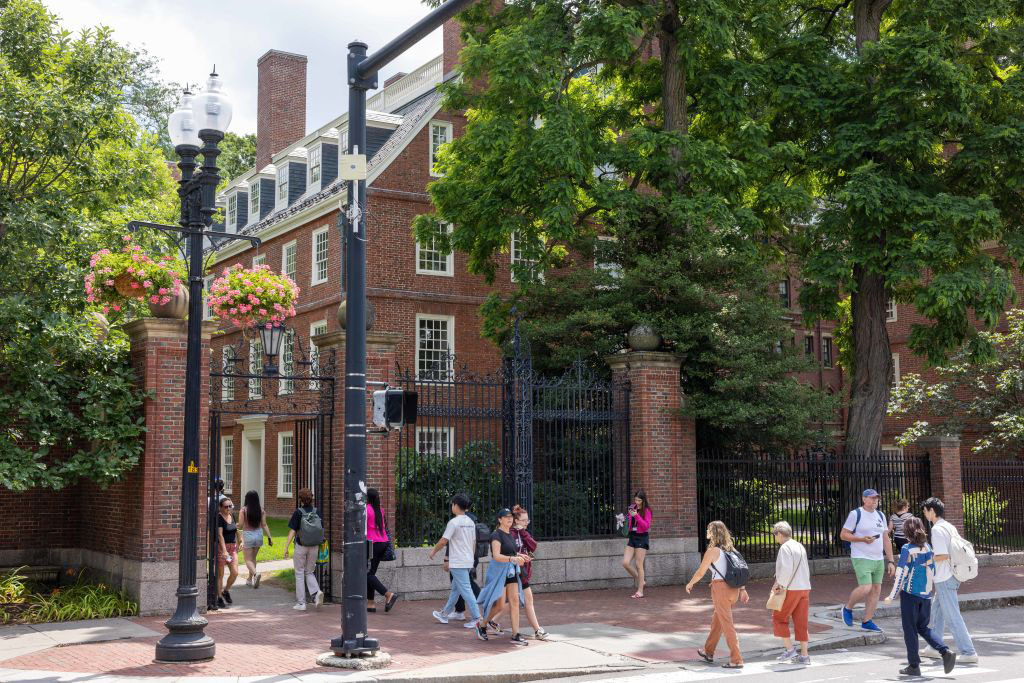
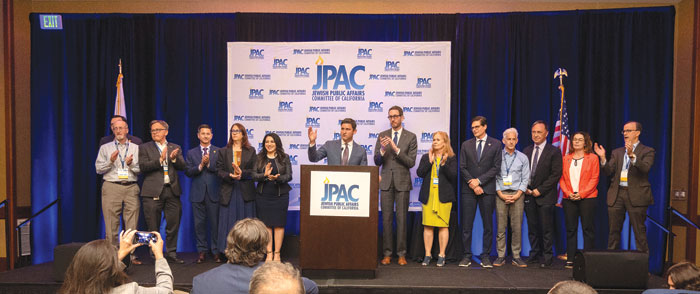

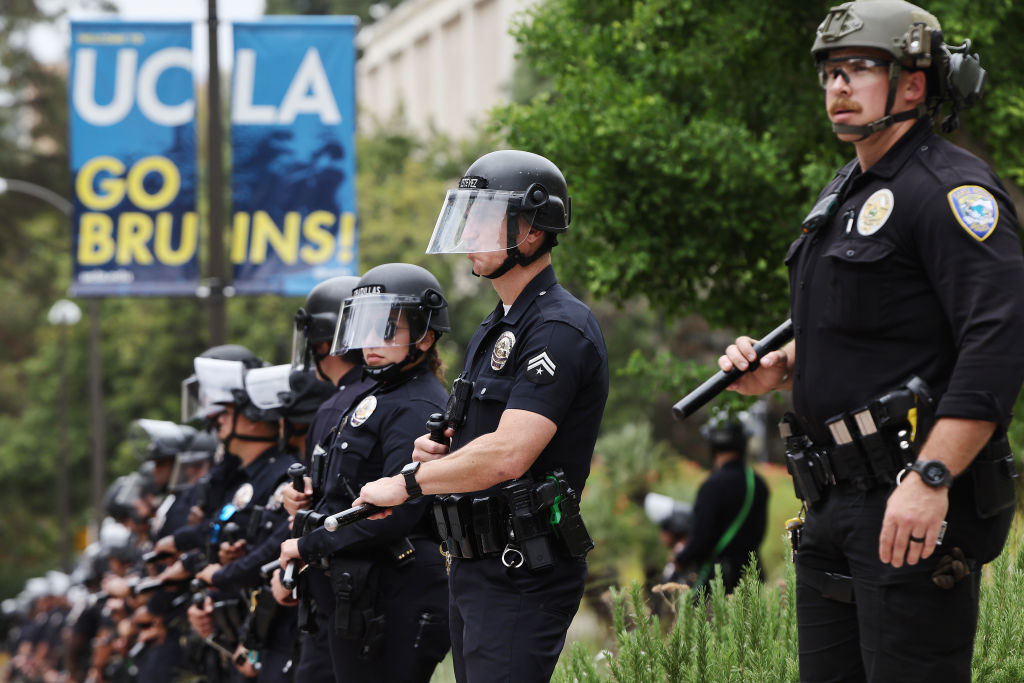

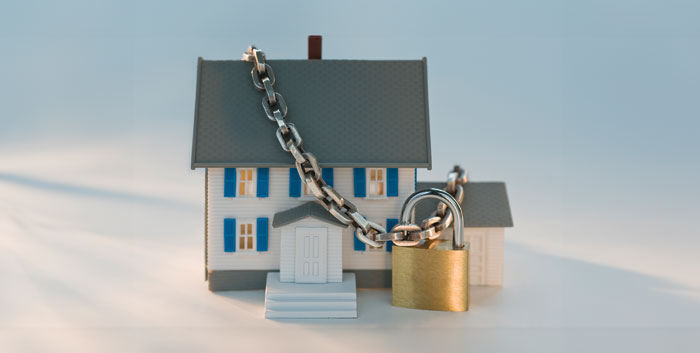
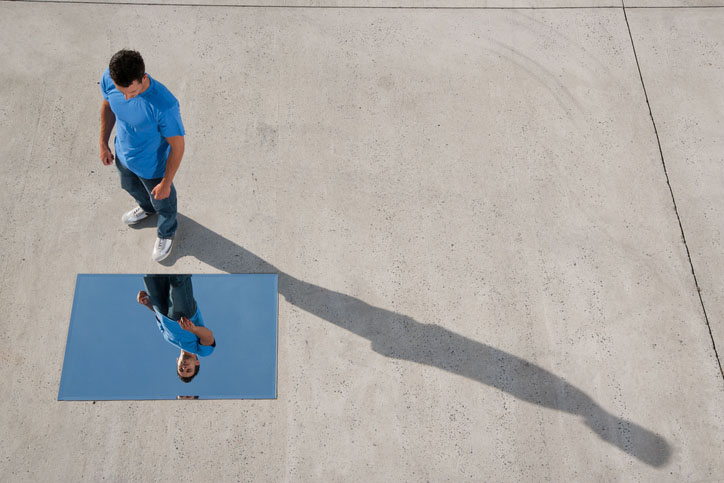





 More news and opinions than at a Shabbat dinner, right in your inbox.
More news and opinions than at a Shabbat dinner, right in your inbox.